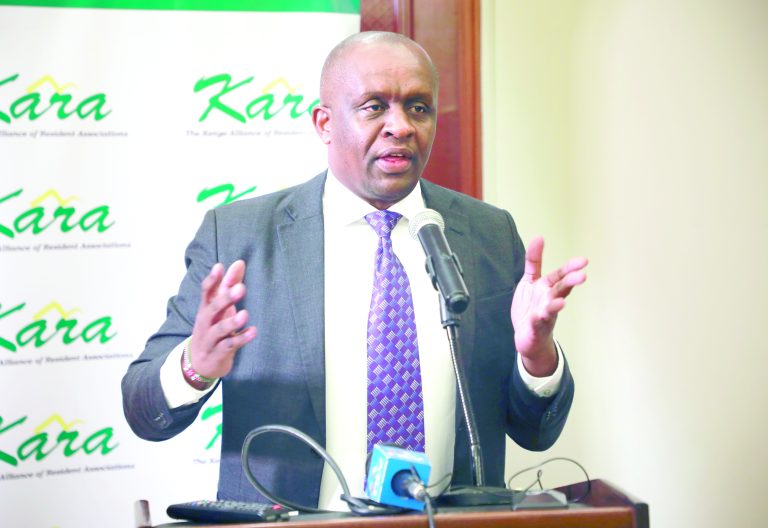Outcry over new cybercrimes proposed law, heavy penalties
By Samuel Kariuki, June 2, 2025Stakeholders are calling for a review of the Computer Misuse and Cyber Crimes Amendment Bill 2024 to reduce the fines it proposes to be imposed on offenders.
The legislation proposes hefty fines of between Ksh5 million to Ksh20 million.
According to them, this has been used to target people deemed to be critics of the government or other influential people in society.
Particularly, the proposed legislation is widely viewed as focusing less on control of computer misuse and cybercrimes and more on political control by curtailing freedom of speech, media and expression.
“It is fundamental for the Bill to protect the fundamental rights and liberties of individuals in a democratic society and not use punitive penalties,” policy and legal expert Kiragu Wachira said, while emphasising that matters related to defamation should not be criminalised and followed with such stiff penalties.
Noting that the Bill deals with data privacy, protection and human rights, the expert emphasised the need to onboard the Data Commissioner and chairpersons of the Kenya National Commission on Human Rights (KNCHR) and National Gender and Equality Commission (NGEC) as members of the National Computer and Cyber Crimes Coordination Committee.
Overregulation
Kenya National Civil Society Centre Executive Director Suba Churchill noted that the government plans to overregulate the digital communication space by creating numerous laws serving the same purpose.
“…and so, we must also caution governments that yes, we are aware that you are making every effort to get the country out of the grey list, but this is not the best way of how to go about it,” Churchill said, insisting that the effort does not warrant the kind of potential infringements seen in the Bill.
On his part, Kenya Alliance of Residents Association (KARA) Chief Executive Officer Henry Ochieng argued that even as the amendments focus on creating frameworks for regulating the digital space, caution must be exercised to promote some of the existing constitutional freedoms that we have, as opposed to trying to claw them back.
Media Council of Kenya (MCK) Chief Executive Officer David Omwoyo also waded into the discussion, calling for a review of the Bill to eliminate several glaring ambiguities.
The media regulator cited the definition of “fraudulent intent”, saying it does not specify whether identity theft must involve malicious intent or the goal of financial gain.
“This omission could lead to ambiguity in enforcing the law,” he said.
Omwoyo also vouched for investigative journalism to be included in the exemptions of the Bill since it is also liberally regulated in the MCK’s Code of Conduct.
“Some activities in investigative journalism are done in the public interest and might fall technically under the identity theft definition. Clause 7b and 7c of the Code of Conduct for Media Practice allow journalists to use subterfuge and its representation when public interest justifies it,” Omwoyo said in a statement, adding that when journalists go undercover, they may adopt false identities or assume roles that mislead individuals.
Omwoyo warned that a lack of clarity in these areas could expose journalists to legal challenges even if the intent is to uncover information for the public good.
More Articles

